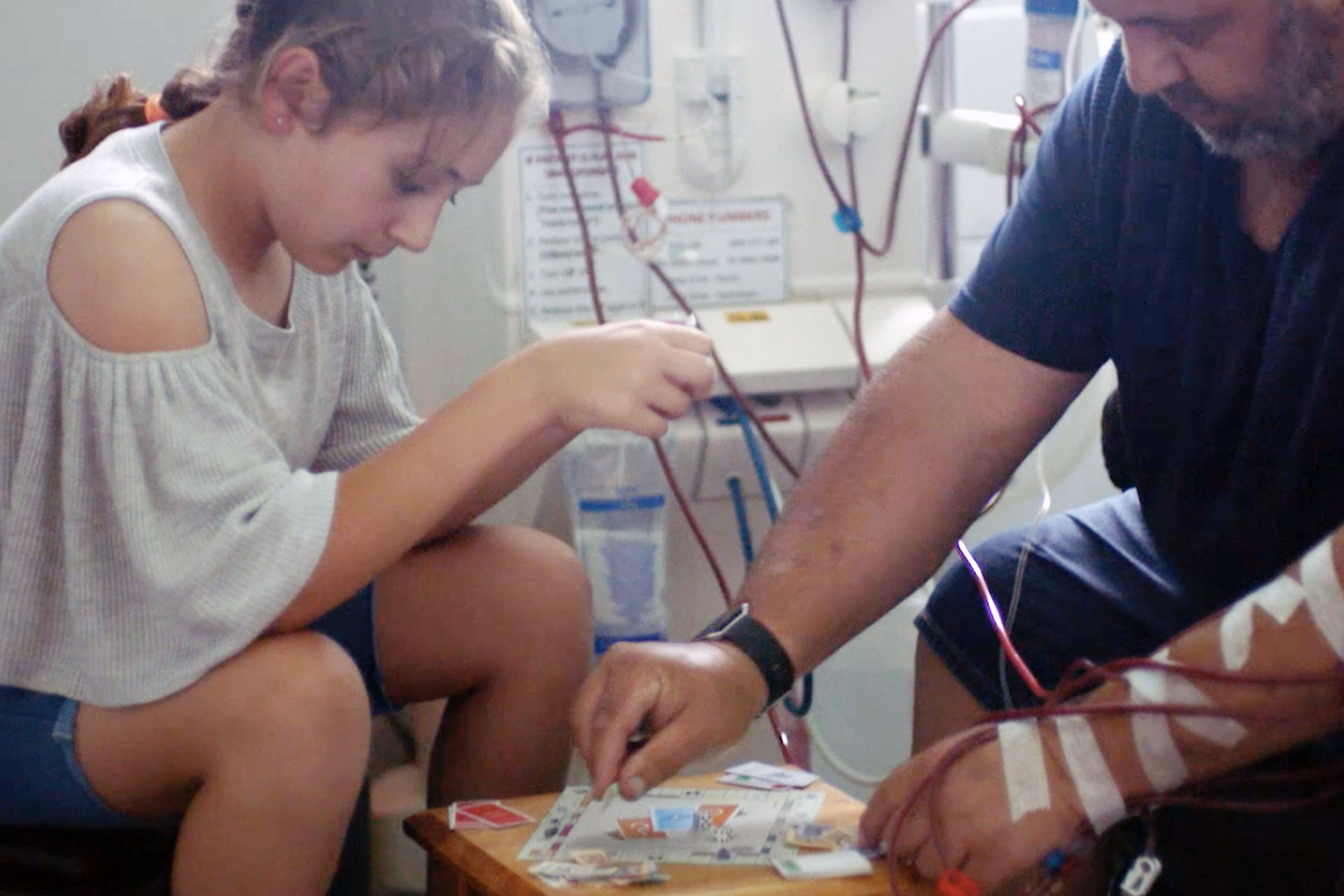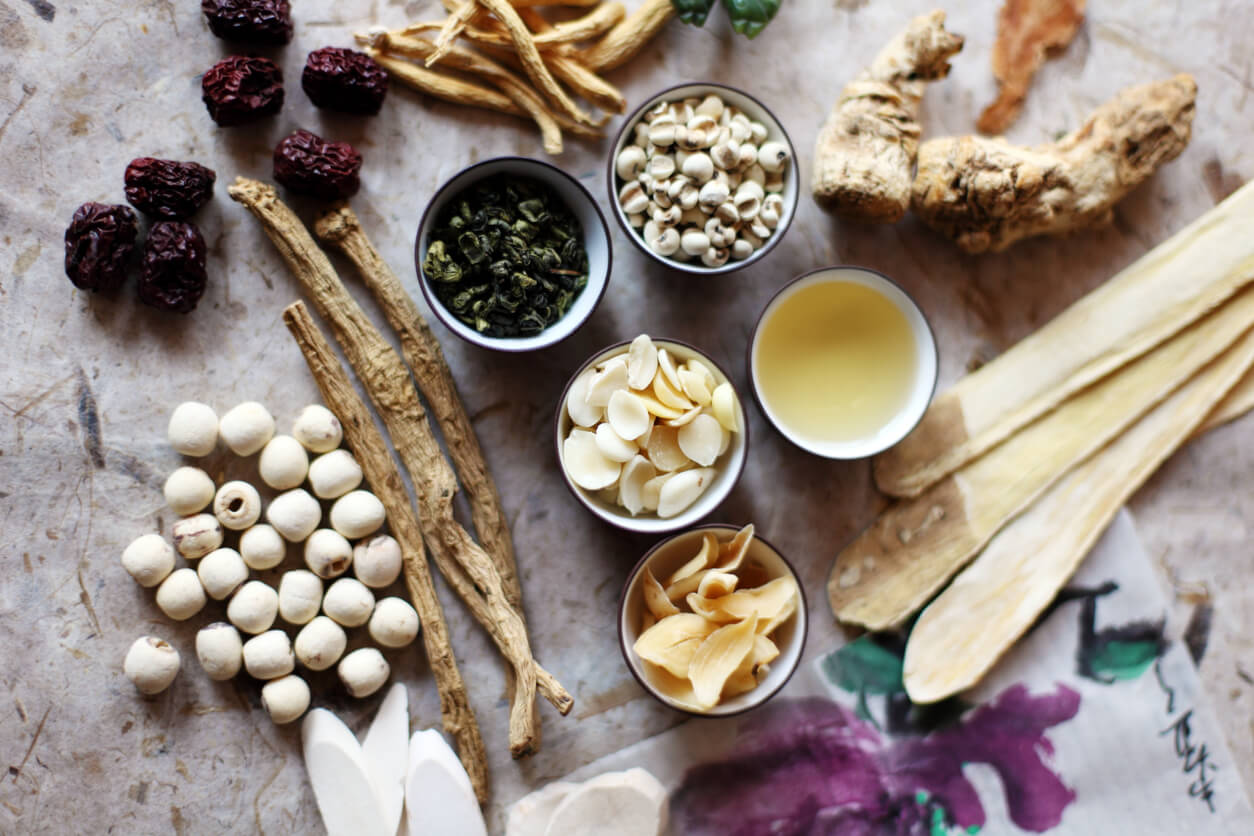-
New research suggests that carotenoids, the natural plant chemicals in veggies, may halve the risk of insulin resistance in adults -- a major risk factor for type 2 diabetes, heart disease and Alzheimer’s disease.
The new study, published in the Dietitians Association of Australia’s journal Nutrition & Dietetics, tracked the eating habits of 938 men and women over three years, and compared their intake of phytochemicals called carotenoids found in vegetables to their risk of insulin resistance.[i]
Researchers found those who ate the most of the carotenoids B-carotene and B-cryptoxanthin--found in many vegetables such as spinach, carrots, red capsicum and pumpkin--had a 58% and 49% lower risk of insulin resistance respectively, compared with those who ate the least.
According to Duane Mellor, spokesperson for the Dietitians Association of Australia:
“Insulin is a hormone, and is vital in helping our bodies use glucose (sugars) from the foods we eat. But when people have insulin resistance, our bodies ‘resist’ the hormone, and over time, this can lead to high blood sugar levels.
So the more we do to help keep insulin doing its job effectively, the more we reduce our risk of type 2 diabetes, Australia’s fastest-growing chronic disease, as well our risk of metabolic syndrome, cardiovascular disease and Alzheimer’s disease.”
According to the researchers, the protective effect of some types of carotenoids is most likely because of their antioxidant properties.
Could vegetables cut your risk of insulin resistance?

-
Yet despite the benefits of a diet rich in vegetables, the latest National Health Survey reports only seven per cent of Australians are meeting the recommend daily intake of veggies, a minimum of five serves each day for most people.
The Medibank Better Health Index also revealed Australians aren't eating enough vegetables, with Victorians least likely to meet the recommended daily requirement. See how your state stacks up
Dr Mellor said eating more vegetables is an easy way to help avoid devastating diseases like type 2 diabetes, heart disease, and even some types of cancer.
“Vegetables are packed full of nutrients, including vitamins and minerals, fibre, and these vital phytochemicals, such as carotenoids, that can protect against chronic diseases."
Want to get more vegetables in your diet? Check out these 10 sneaky ways to eat more vegetables.
i Mirmiran P et al. Association of dietary carotenoids and the incidence of insulin resistance in adults: Tehran lipid and glucose study. Nutrition & Dietetics 2016; 73:162-8.
Diabetes Australia, Diabetes in Australia. https://www.diabetesaustralia.com.au/diabetes-in-australia
Mirmiran P et al. Association of dietary carotenoids and the incidence of insulin resistance in adults: Tehran lipid and glucose study. Nutrition & Dietetics 2016; 73:162-8.
-
Innovating for members living with chronic disease
Medibank is supporting our members living with chronic diseases such as heart disease, arthritis, and diabetes, through our CareComplete programs.
-
Medibank’s palliative care at home trial
Giving our customers choice in where they would like to receive their end-of-life care can provide dignity, privacy and help them retain control over the care they receive.
-
How your phone habits affect your sleep
And what it means for your mental health, hormones and more.
-
Medibank trialling haemodialysis at home
Giving members with chronic kidney disease more choice
-
The origins of western and eastern medicine
Two schools of thought explained
-
Almost half of hospital patients are looking for more support
Find out how Medibank is helping.
Subscribe to receive the best from Live Better every week. Healthy recipes, exercise tips and activities, offers and promotions – everything to help you eat, move and feel better.
By clicking sign up I understand and agree to Medibank's privacy policy





